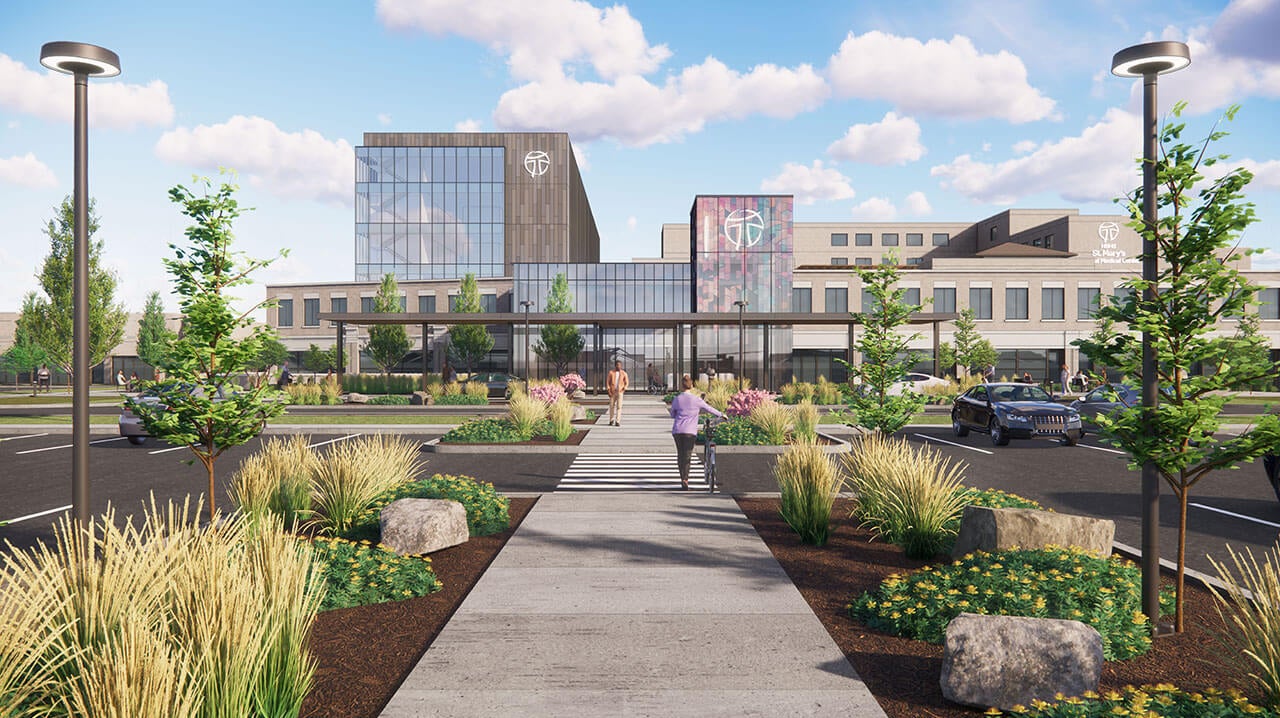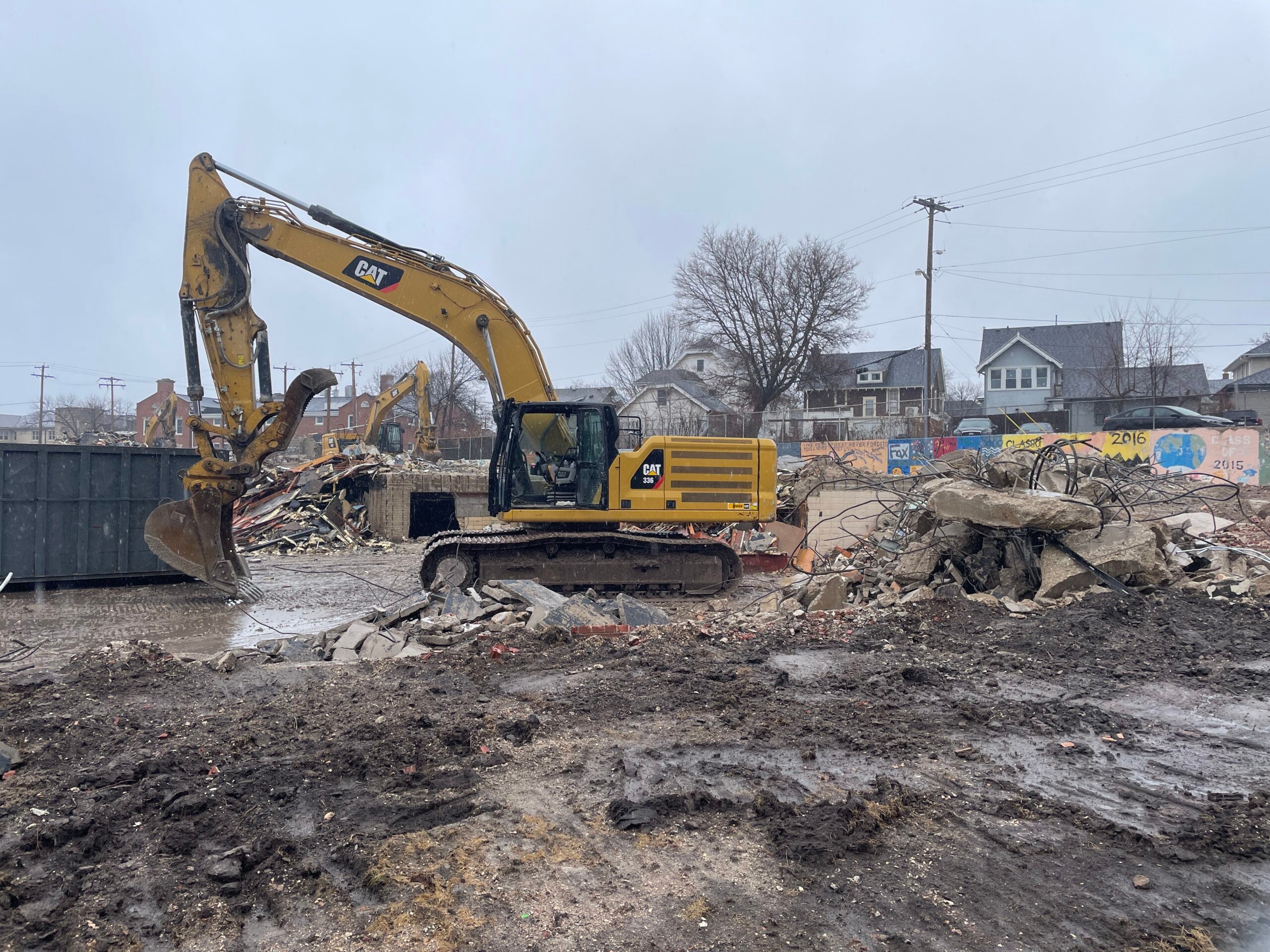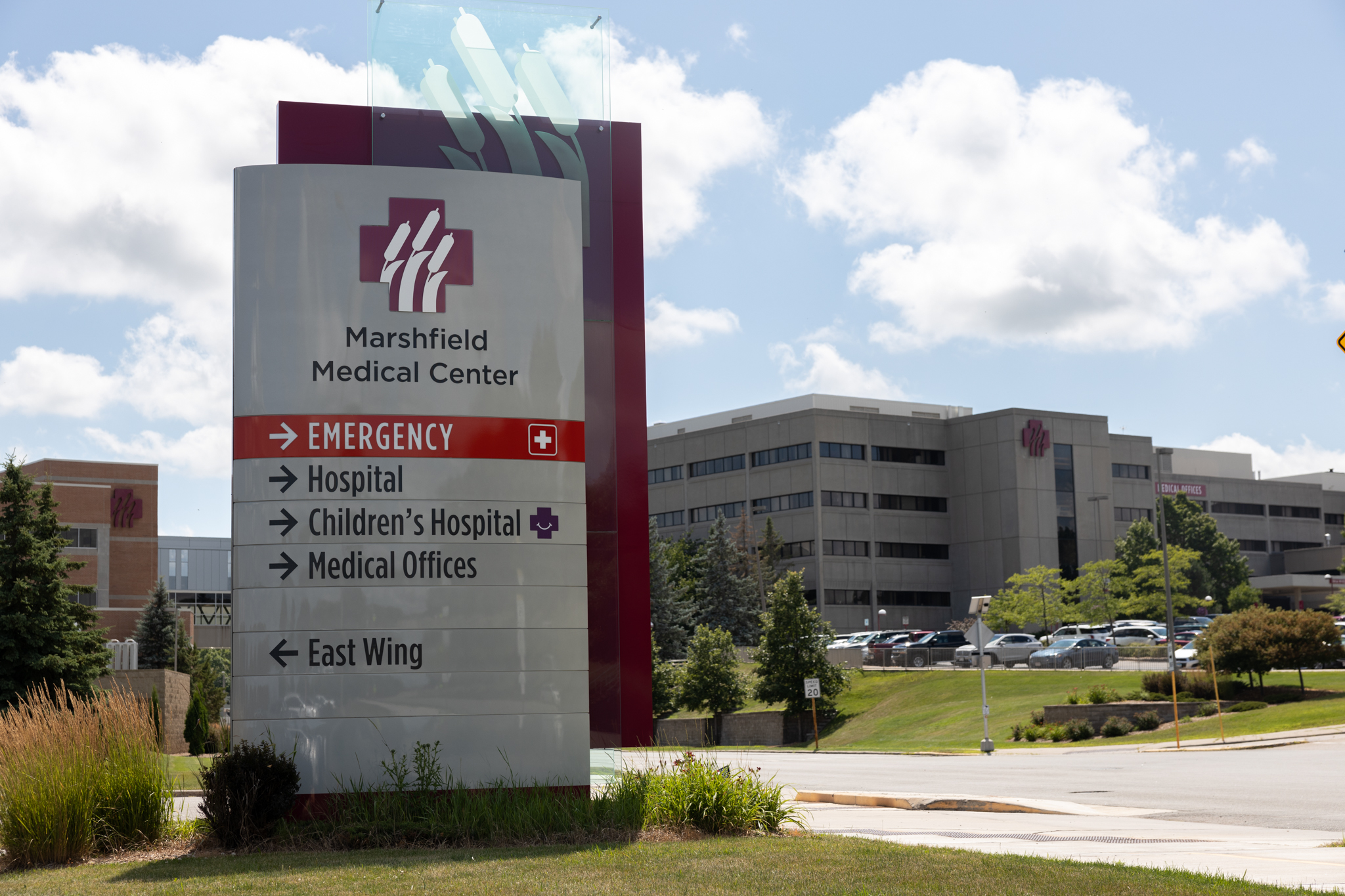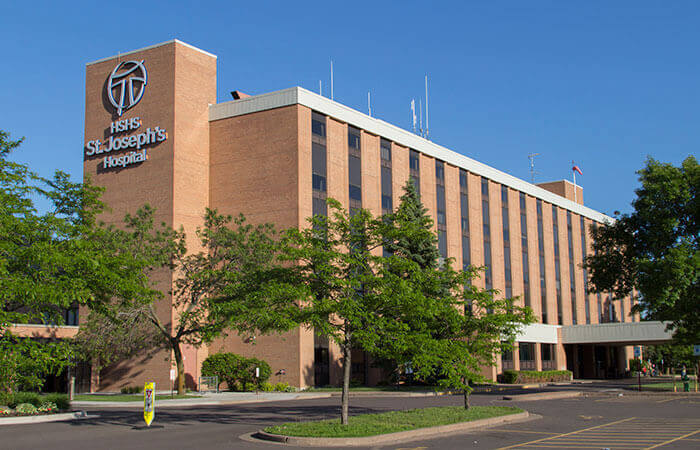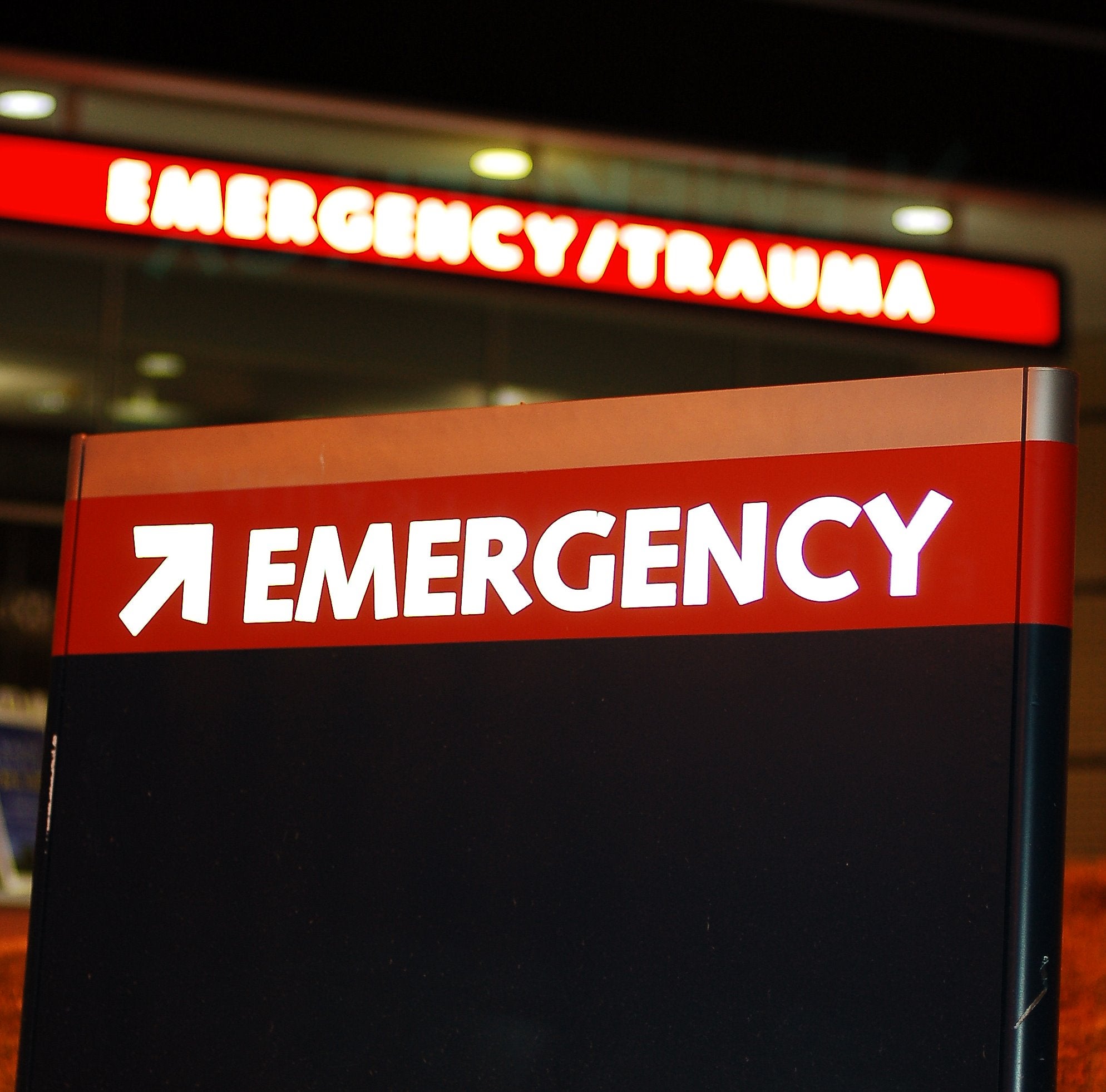Froedtert Hospital is planning to build a nine-story patient tower on its main campus in Wauwatosa, the hospital system announced Tuesday.
The 225,000-square-foot tower will include inpatient care floors, a new main lobby expansion and a bridge connector to a parking structure that is currently under construction. If the project is approved by the city of Wauwatosa, it will begin in summer with anticipated completion in 2027.
Hospital officials would not release information about how much the project will cost or how many beds it will add to the hospital.
Stay informed on the latest news
Sign up for WPR’s email newsletter.
Froedtert currently has 766 beds and operates the region’s only level one trauma center.
According to the American Hospital Directory, Froedtert is the second-largest hospital in the state, behind Aurora St. Lukes Medical Center, which has 976 beds. Froedtert’s latest gross revenue figures were $6.9 billion with a net income of $125 million, according to the directory.
In a press release, Froedtert said the new tower is needed to keep up with patient care. Froedtert officials did not respond to questions about how often the hospital is at capacity.
“The new tower is part of our acute care strategy aimed at addressing capacity issues and capability for new growth,” Frodetert Hospital President Eric L. Conley said in a statement. “This expansion will allow us to meet the growing need for our services throughout the region.”
In 2016, Froedtert & The Medical College of Wisconsin opened the Advanced Care Center on the hospital campus. The $140 million, 12-story building is home to the Heart and Vascular Center and Transplant Center.
On Jan. 1, Froedtert Health merged with Fox Valley-based Theda Care. Combined, the two systems have 18 hospitals.
Rachel Werner, a health care economist at the University of Pennsylvania, recently told WPR’s “The Morning Show” that mergers in general have a negative effect on prices.
“They tend to increase the price that insurers pay for care for commercially insured individuals, and they don’t really have any improvement in quality,” she said. “Really, what we see are just higher prices — no improvement for patients.”
Wisconsin Public Radio, © Copyright 2025, Board of Regents of the University of Wisconsin System and Wisconsin Educational Communications Board.

